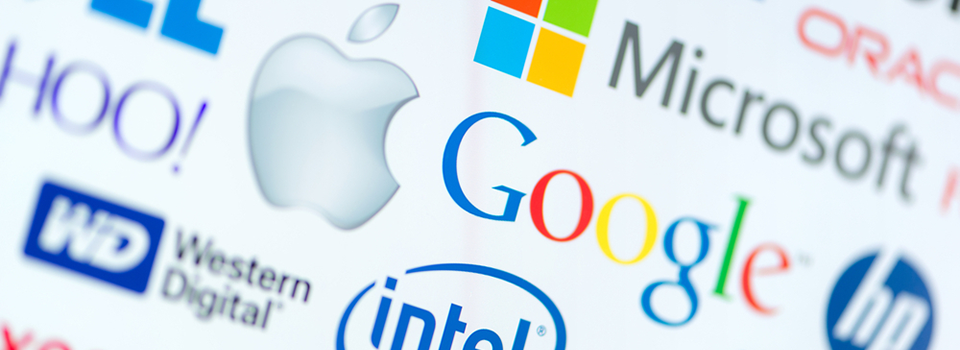Leadiant faces Dutch supply-restriction questions over orphan drug's ingredients
07 May 2019 00:00 by Matthew Newman
This is the second of three stories from an exclusive MLex interview with Martijn Snoep, head of the Dutch competition authority. The other two stories can be found here:
Part 1/3: Big Tech antitrust breaches are better prevented than cured, Dutch authority's Snoep says
Part 3/3: Misleading online ads and EU dual-pricing ban scrutinized by Dutch authority
Drugmaker Leadiant Biosciences faces questions over whether it is restricting the supply of raw materials for a rare-disease drug as part of a broader Dutch probe into excessive pricing for that treatment.
The Italian company has been under investigation in the Netherlands since last year for its behavior surrounding a patented “orphan” drug containing chenodeoxycholic acid, or CDCA, which is used to treat a rare metabolic condition called cerebrotendinous xanthomatosis, or CTX.
As part of that probe, the Dutch Authority for Consumers and Markets, or ACM, is now also looking into whether Leadiant is restricting the supply of an important raw material for the drug by entering into exclusive agreements with a supplier, the watchdog’s chairman Martijn Snoep told MLex in an interview.
The ACM is investigating whether there are “exclusive agreements entered into between a crucial raw-material supplier and the patent holder,” Snoep said, without naming the ingredient or the supplier. “Whether that's the case, we don't know. But this is part of the investigation.”
Restricting the raw material could limit pharmacists’ ability to blend their own drug to treat CTX, which affects only a few dozen people in the Netherlands. EU rules allow pharmacists to make such “magistral preparations” when there is a lack of alternatives on the market.
In this case, a university hospital in Amsterdam began making a drug for much less than Leadiant’s price. But the Dutch health inspector found purity problems with the drug and prevented it from being sold. Raw materials for the drug are also quite rare, Snoep said.
Snoep said the university hospital is now looking at ways to improve the drug’s purity. “If they succeed, then the market is likely to shift to magistral preparation,” he said.
The ACM has said it ensures that drug makers and raw-material suppliers don't put up any unjustified barriers to magistral preparation. Barriers may be in the form of restricting access to raw materials or applying unreasonable conditions.
In the original complaint, Dutch pressure group the Pharmaceutical Accountability Foundation accuses Leading of buying and then some years later discontinuing a drug, Chenofalk, containing CDCA. Although prescribed for gallstones, in practice this drug was used “off label” to treat CTX.
After taking Chenofalk off the market, Leadiant allegedly increased the cost of its CDCA drug by almost 500 times, to 153,300 euros ($172,100) for a year of treatment.
This is the second of three stories from an exclusive MLex interview with Martijn Snoep, head of the Dutch competition authority. The other two stories can be found here:
Part 1/3: Big Tech antitrust breaches are better prevented than cured, Dutch authority's Snoep says
Part 3/3: Misleading online ads and EU dual-pricing ban scrutinized by Dutch authority
Related Articles
-
 08 May 2019 00:00 by Matthew NewmanCompanies conveying a false impression of scarcity to consumers could face more regulation in the Netherlands, as the Authority for Consumers and Markets is investigating such behavior, the watchdog’s president has said.
08 May 2019 00:00 by Matthew NewmanCompanies conveying a false impression of scarcity to consumers could face more regulation in the Netherlands, as the Authority for Consumers and Markets is investigating such behavior, the watchdog’s president has said. -
 06 May 2019 00:00 by Matthew NewmanHow can antitrust enforcers stop tech companies from moving fast and breaking things?
06 May 2019 00:00 by Matthew NewmanHow can antitrust enforcers stop tech companies from moving fast and breaking things?
